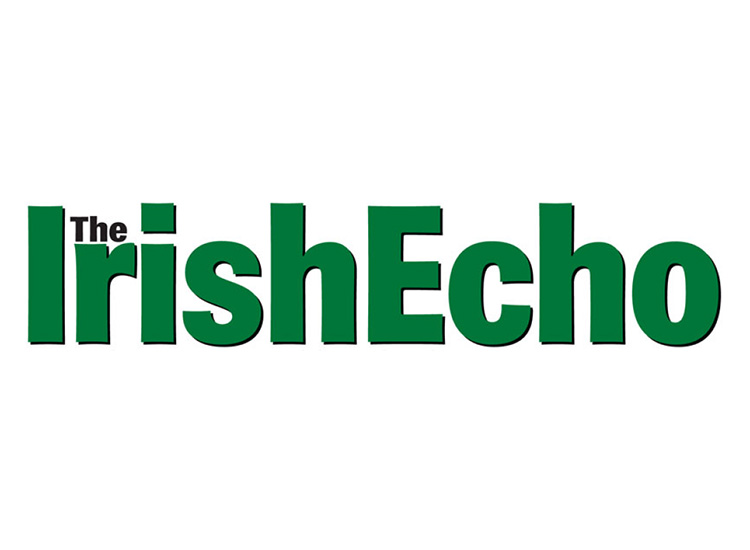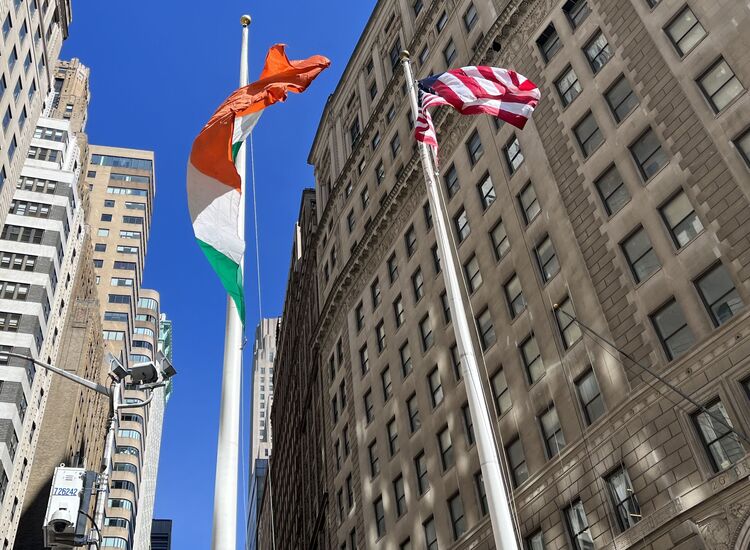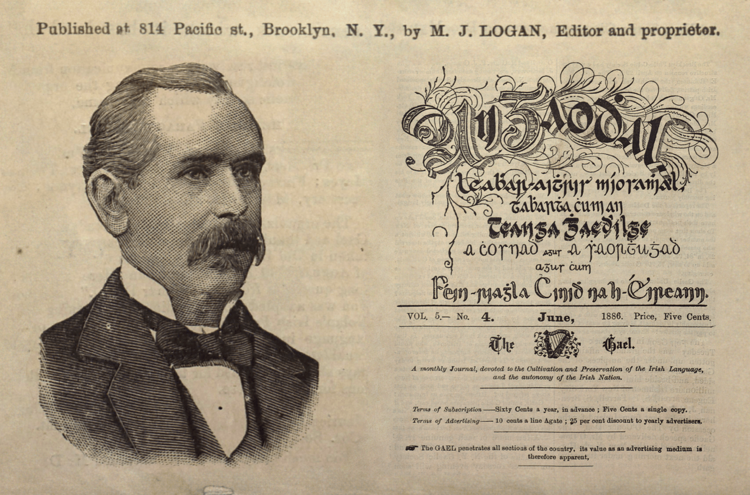The release of the Wikileaks cables has not left Ireland unaffected. In the latest batch, which came to light last week, topics such as the financial collapse of the country, and former taoiseachs Brian Cowen and Bertie Ahern are discussed throughout more than 1,900 documents obtained by Independent Newspaper, publishers of the Irish Indepednent.
The scale of the country's economic collapse left Brian Cowen's cabinet paralyzed, as his government found it "almost impossible" to come up with a rescue plan, according to one cable from the U.S. embassy in Dublin.
The diplomatic dispatches also contain severe U.S. criticism of the Fianna Fáil/Green coalition's failure "to be straight with the Irish public" about the major difficulties that were looming for the economoy.
One cable sent to the U.S. State Department in Washington recounts details of a meeting with senior Irish officials who admitted the government had no clear plan to salvage the economy.
The admission was made during a briefing at the U.S. embassy less than three months after the controversial bank guarantee scheme, which saw the government offer a blank guarantee for bank liabilities, at a cost of around €400 million.
Cowen also comes under fire on a personal level, with now former U.S. ambassador Thomas Foley telling colleagues the former taoiseach's nickname "Biffo" applied "especially well" to him.
Foley goes on to describe Cowen as "burly and brusque" and that he had "a reputation of not being much concerned with his public image."
Ambassador Foley made the remarks - in a cable marked "confidential" - just days before Cowen succeeded Bertie Ahern as taoiseach in May 2008. The comments were circulated to the office of then U.S. Secretary of State Condoleezza Rice and to every American embassy within the EU.
However, Ambassador Foley told Washington that having Cowen as taoiseach would be beneficial to U.S. interests, as he was "more affable and approachable" Bertie Ahern, who was regarded as "a sociable loner."
Ahern did not escape coverage. In one cable, it is revealed that Declan Ganley, head of pan-European party Libertas, tried to get U.S. officials to change the date for the former taoiseach's historic address at a joint session of the U.S. Congress.
The cable states that Ganley unsuccessfully lobbied the U.S. embassy in an effort to delay Ahern's address until after the first Lisbon Treaty poll on the future of the EU in 2007.
Ganley claimed Ahern would use the address, which eventually took place on April 30, 2008, to promote a "Yes" vote in the June 2008 Irish referendum which followed. However, he was met with short shrift by then Ambassador Foley.
In a confidential cable, circulated in February 2008 to the office of Secretary of State Rice and U.S. embassies across the EU, the ambassador stated Ganley was "overstating the case" that Ahern's address would sway the Irish electorate.
In a separate dispatch from 2008, Foley told Condoleezza Rice that Ahern would leave behind "a formidable legacy."
This was one of a succession of embassy cables from Dublin to Washington which painted Ahern's time in office in a positive light. Ambassador Foley hailed Ahern as presiding over "the Celtic Tiger's dynamic" and described him as one of the main architects of peace in Northern Ireland.










